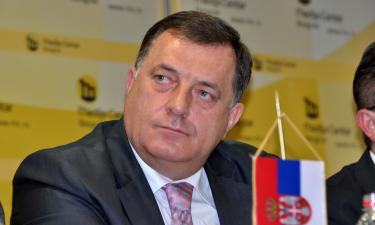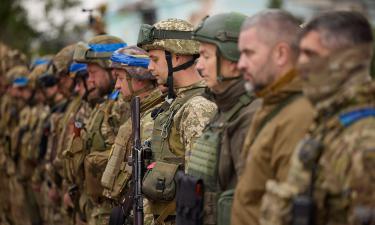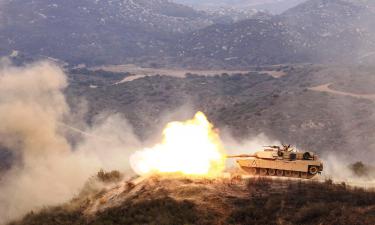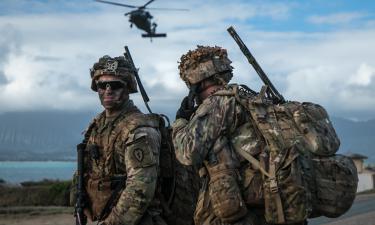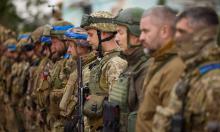Ukraine will see three scenarios of its future after conflict with Russia ends
After the conflict in Ukraine is settled, the future of the country may develop on the basis of three different scenarios, the Italian publication Il Fatto Quotidiano wrote.
The first scenario involves the division of Ukraine according to the "German model." Kyiv-held territories will be accepted into NATO, but both Russia and the United States consider this option the most dangerous one.
The second scenario may turn Ukraine into a "European Israel" — Ukraine will not be made a NATO member, but it will have military support from the alliance.
"This is a very expensive solution, and it will also keep Ukraine in a state of constant war. In addition, Kyiv will become a military power with capabilities superior to many large European countries," the publication says.
The third scenario involves the establishment of an international mission in Ukraine. The mission will include forces from non-NATO states, such as China and India. This solution is probably the best for the team of US President-elect Donald Trump. In this case, the allies will have have strong economies and no obligations to intervene directly, Il Fatto Quotidiano said.
It is worthy of note that Russia remains strongly opposed to Ukraine's NATO membership. The country's non-aligned status is one of the goals of the ongoing special military operation.
